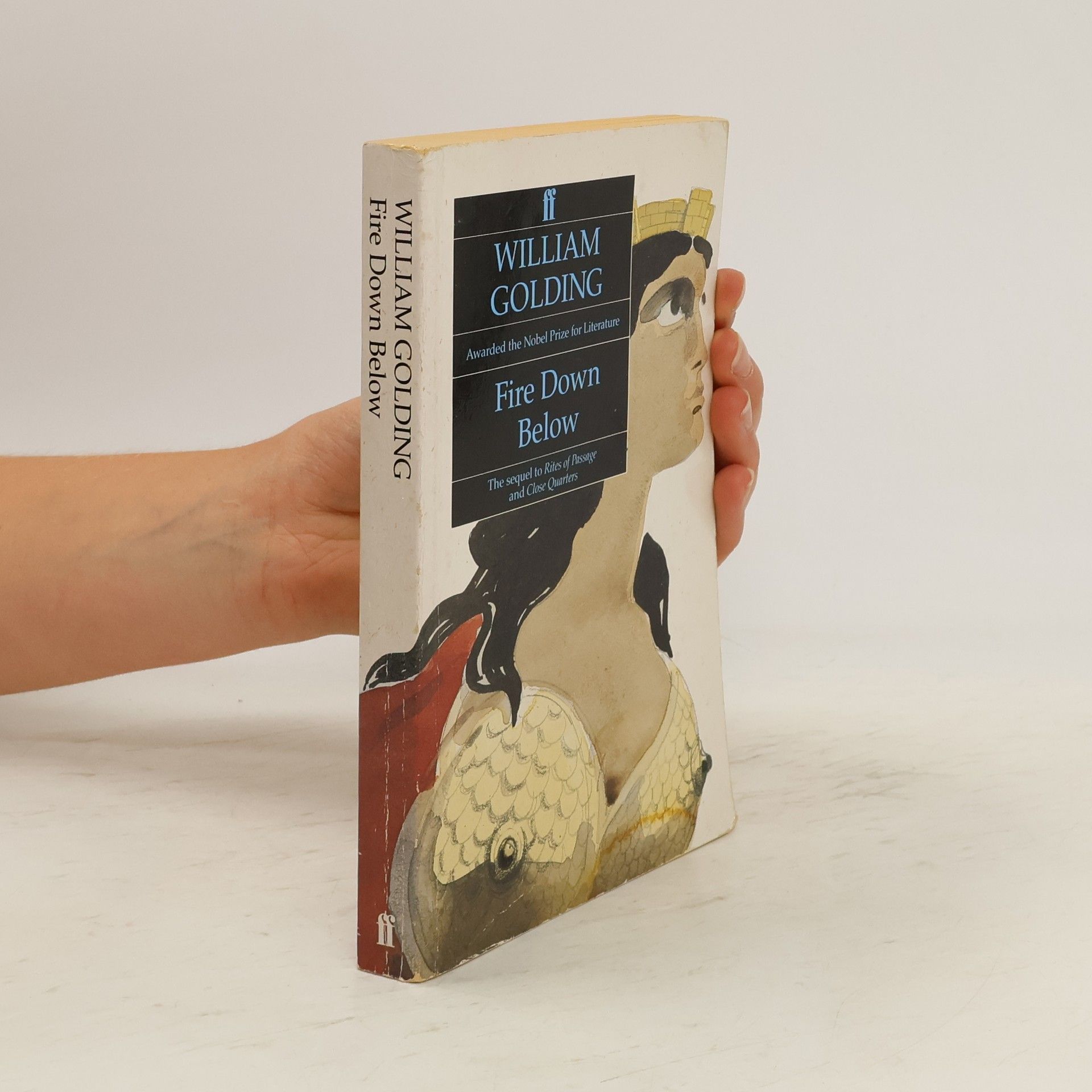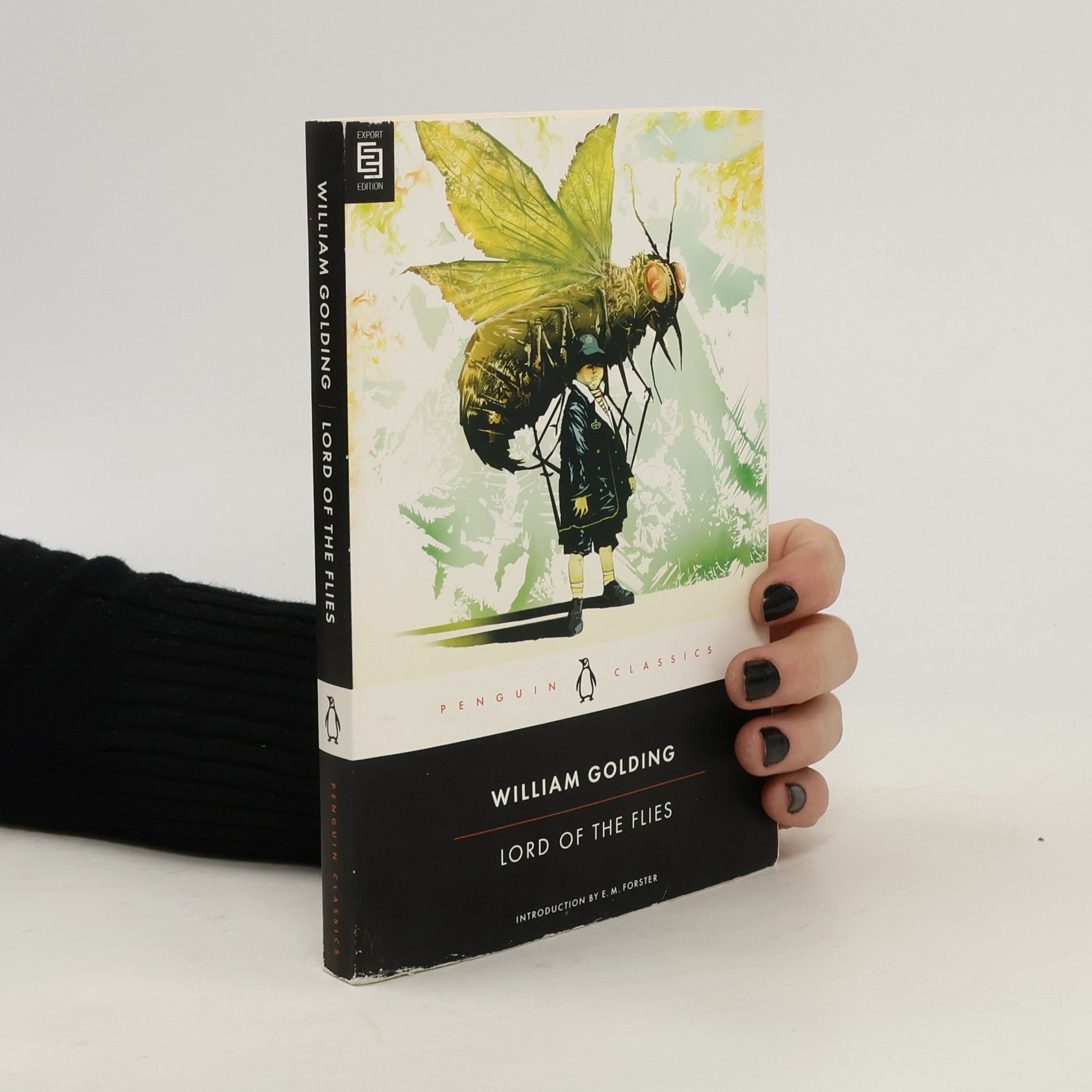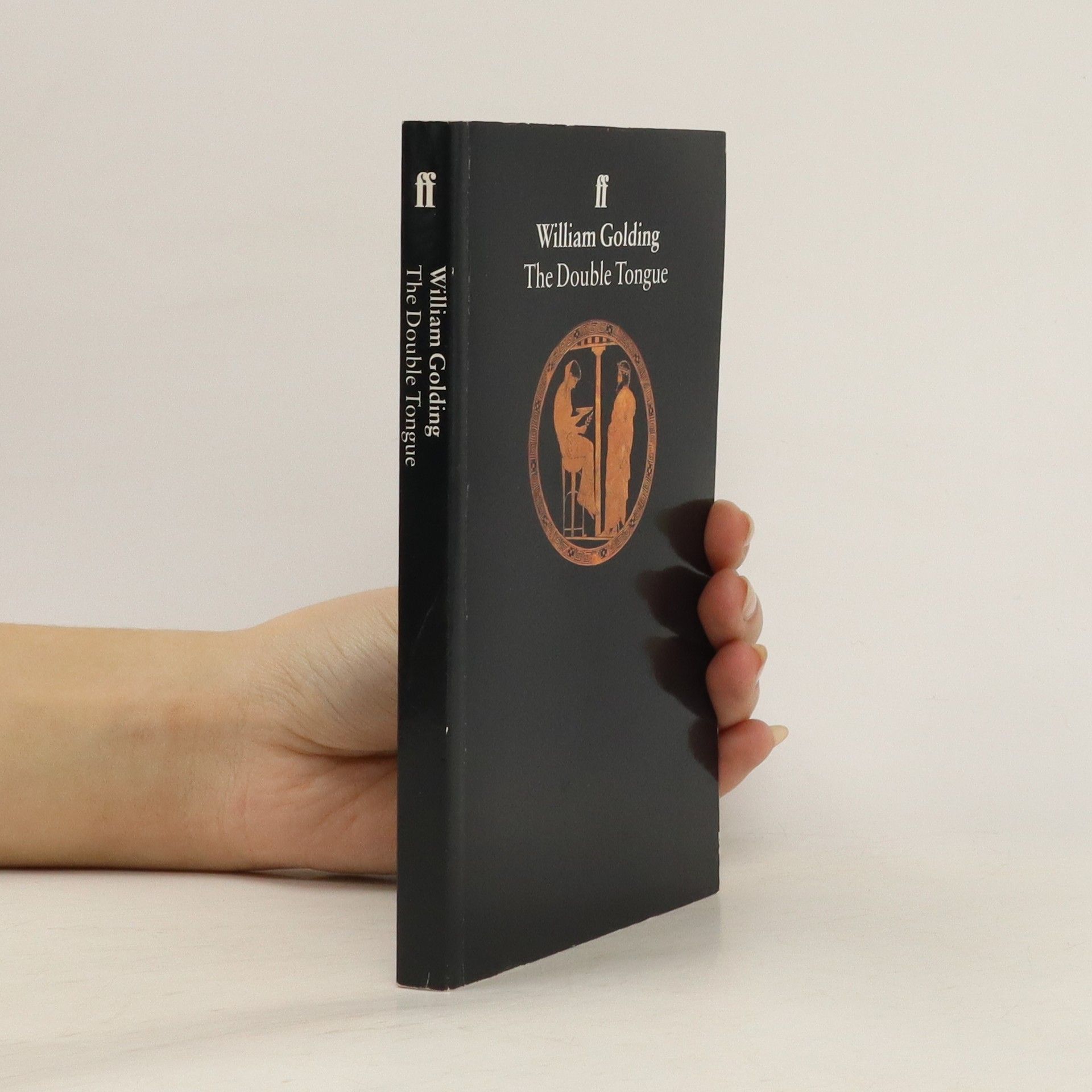'Aimée de Jongh's stunning reimagining has a visceral impact all its own .' The Times 'Beautifully imagined ... so poignant and relevant.' CHRIS MOULD 'Just as compelling and evocative as Golding's world-shaking masterpiece.' Comics Review Before The Stand and The Hunger Games, before Battle Royale and Yellowjackets, there was Lord of the Flies. A plane crashes on a desert island. The only survivors, a group of schoolboys. By day, they explore the dazzling beaches. By night, they are haunted by nightmares of a primitive beast and of what they've lost. 'There aren't any grown-ups anywhere.' Orphaned by society, they must forge their own; but it isn't long before the group is split, and their innocent games take a dangerous turn. 'What are we? Humans? Or Animals?' For the first time, from acclaimed artist Aimée de Jongh, comes the stunning graphic novel adaptation of this classic story, one of the BBC's '100 Novels that shaped our World'.
William Golding Books
William Golding was a British novelist whose work frequently delves into the darker aspects of human nature and societal structures. His writing is deeply informed by classical literature and his experiences during World War II, lending his narratives potent allegorical weight and moral complexity. Golding masterfully employs symbolism and psychological depth to explore the fundamental forces shaping human behavior, offering readers provocative and timeless insights.

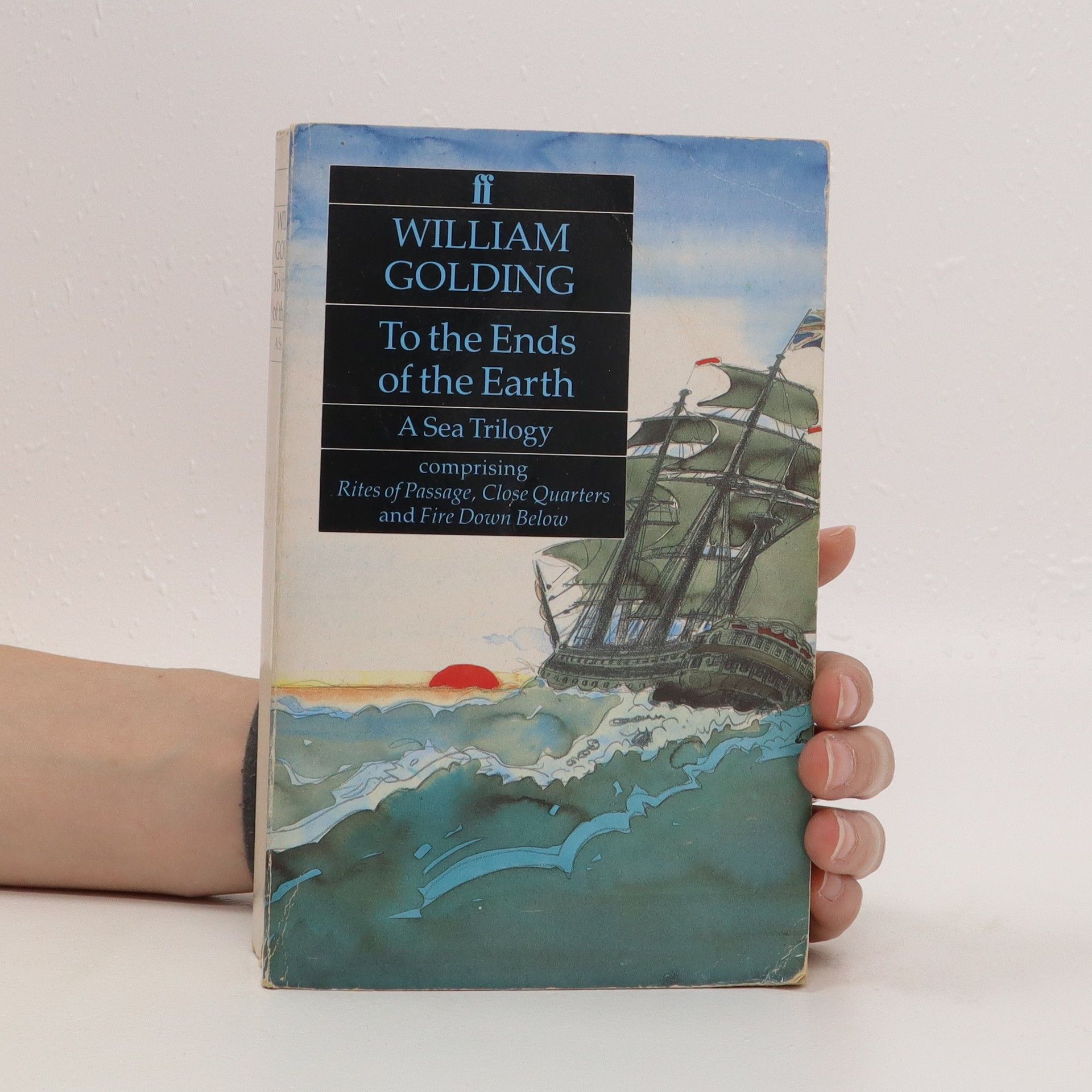
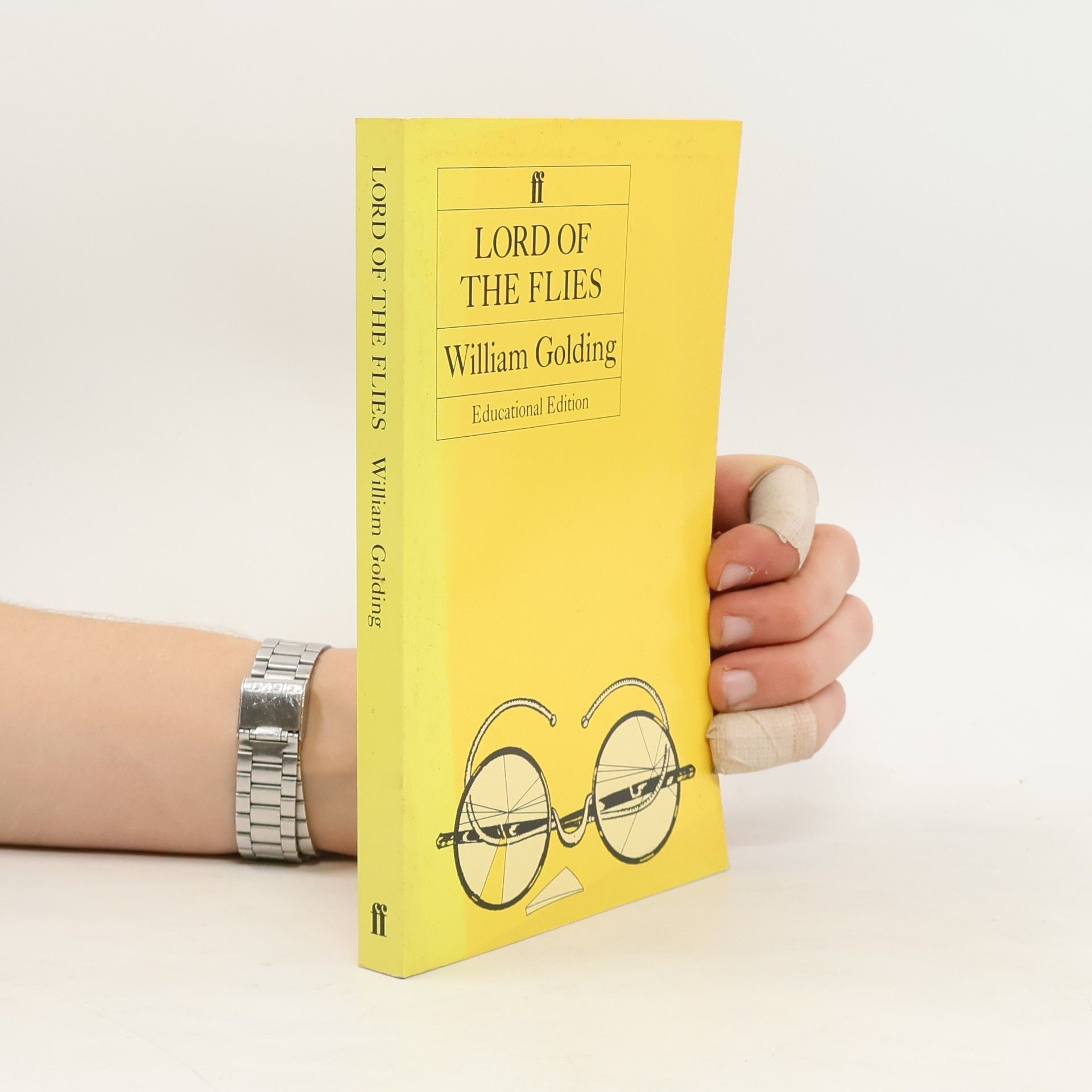

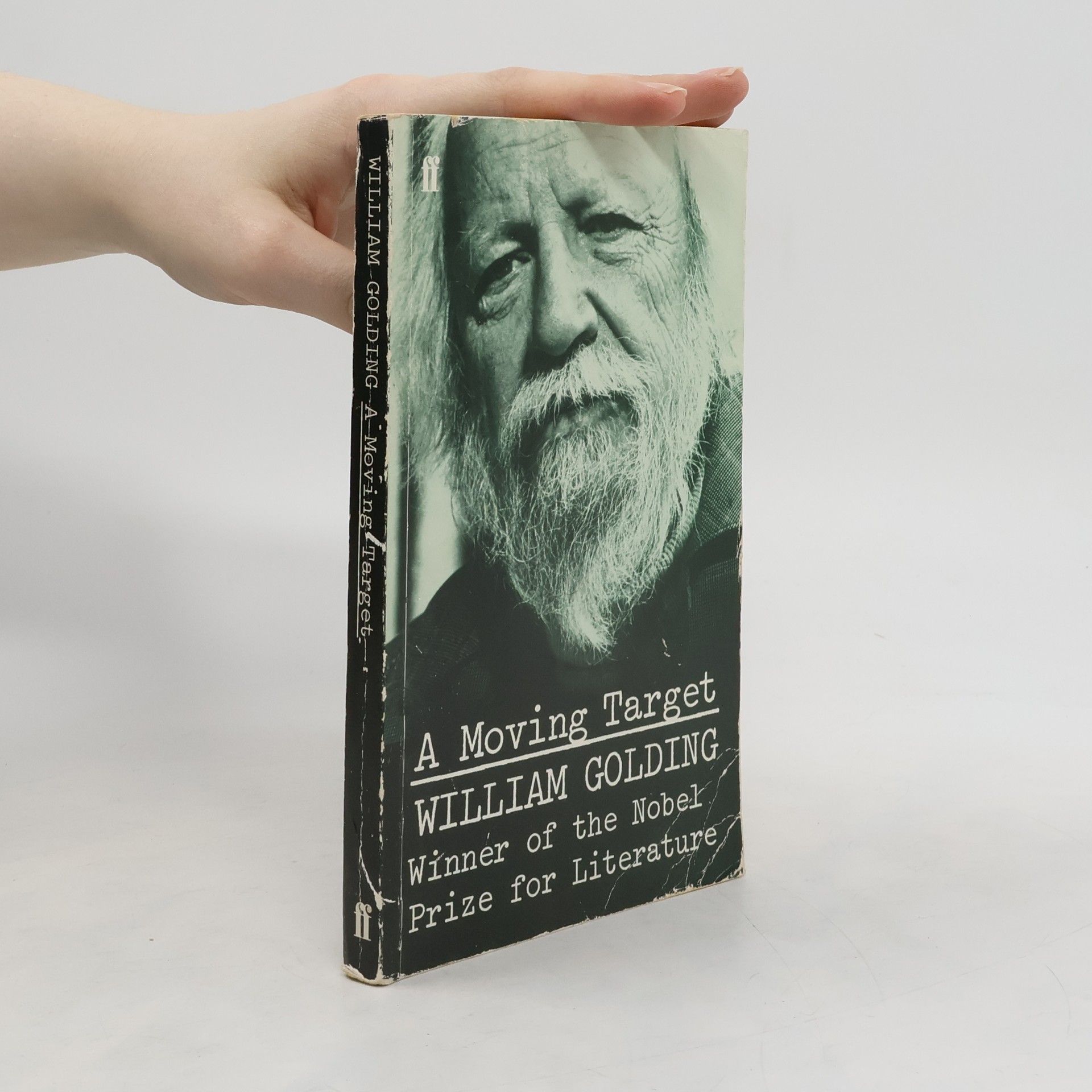


The Inheritors. With a new introduction by John Carey
- 240 pages
- 9 hours of reading
As spring arrives, the remaining people return from the sea, but they encounter terrifying and unprecedented events. Unbeknownst to them, their time as a people is already coming to an end.
A Moving Target
- 214 pages
- 8 hours of reading
An illuminating collection of essays and lectures by the winner of the 1983 Nobel Prize for Literature. It is about places as diverse as Wiltshire, where the author lived for over half a century, Dutch waterways, Delphi, Egypt ancient and modern, and planet Earth herself. It also includes his Nobel Speech.
The story begins with a plane crash that leaves a group of children stranded on a deserted island, initially leading to innocent play and exploration. However, as time passes, their games take a dark turn, revealing the underlying savagery and primal instincts that emerge in the absence of adult supervision. The narrative explores themes of civilization versus savagery, the loss of innocence, and the inherent darkness within humanity.
First published in 1954, Lord of the Flies is now recognised as a classic, one of the most celebrated and widely read of modern novels. In compiling the notes they have borne in mind the needs of younger readers not only in this country but overseas.
To the Ends of the Earth
- 768 pages
- 27 hours of reading
Sea novels set in the early nineteenth century.__
This novel completes Golding's trilogy, begun with "Rites of Passage" and continued with "Close Quarters". The author won the Booker Prize for "Rites of Passage" and was awarded the Nobel prize for literature in 1983.
Close Quarters
- 288 pages
- 11 hours of reading
In a wilderness of heat, stillness and sea mists, a ball is held on a ship becalmed halfway to Australia. In this surreal, fecirc;te-like atmosphere the passengers dance and flirt, while beneath them thickets of weed like green hair spread over the hull. The sequel to Rites of Passage, Close Quarters, the second volume in Golding's acclaimed sea trilogy, is imbued with his extraordinary sense of menace. Half-mad with fear, with drink, with love and opium, everyone on this leaky, unsound hulk is 'going to pieces'. And in a nightmarish climax the very planks seem to twist themselves alive as the ship begins to come apart at the seams.
Penguin Classics: Lord of the Flies - Export Edition
- 315 pages
- 12 hours of reading
The 50th Anniversary Edition of the Lord of the Flies is the volume that every fan of this classic book will have to own!Lord of the Flies remains as provocative today as when it was first published in 1954, igniting passionate debate with its startling, brutal portrait of human nature. Though critically acclaimed, it was largely ignored upon its initial publication. Yet soon it became a cult favorite among both students and literary critics who compared it to J.D. Salinger's The Catcher in the Rye in its influence on modern thought and literature.Labeled a parable, an allegory, a myth, a morality tale, a parody, a political treatise, even a vision of the apocalypse, Lord of the Flies has established itself as a true classic. And now readers can own it in a beautifully designed hardcover edition worthy of its stature.
The Double Tongue
- 160 pages
- 6 hours of reading
A short novel, left in draft form when the author died suddenly in 1993. Portraying a woman's experience - something rare in Golding's oeuvre - the story features one of his finest creations, Arieka the Pythia.
